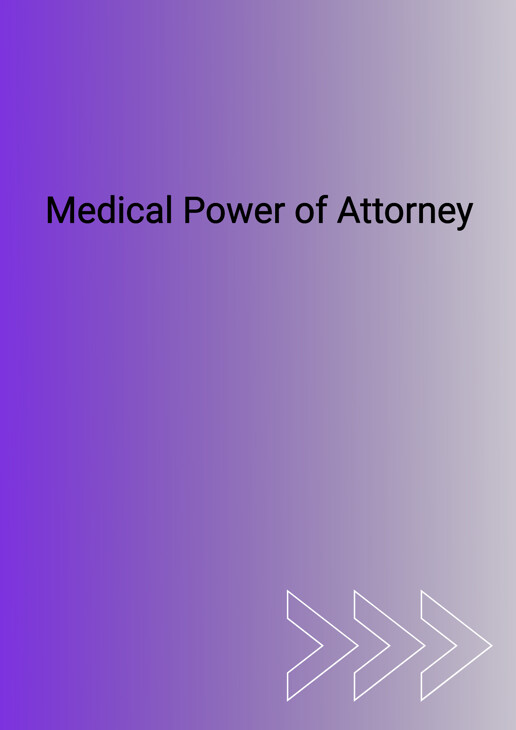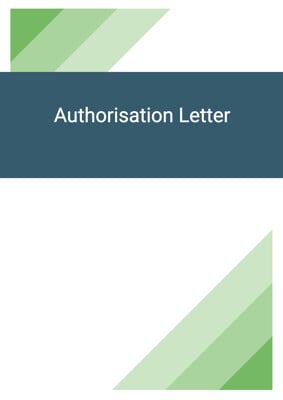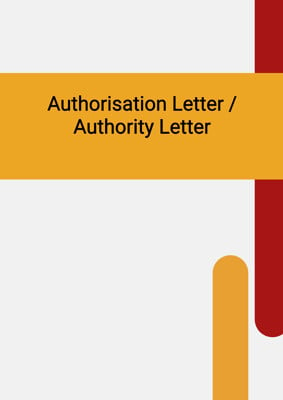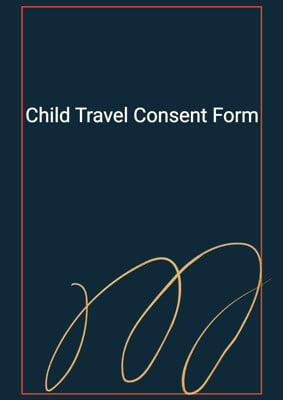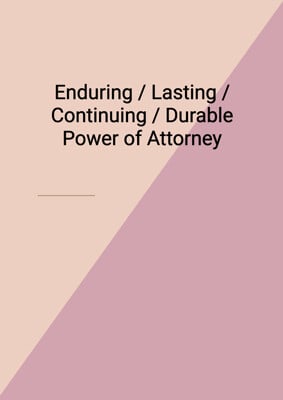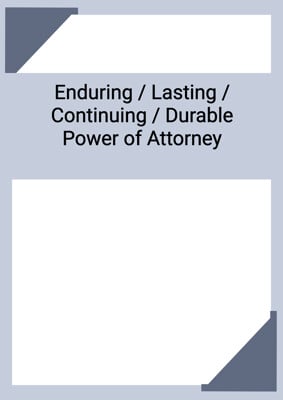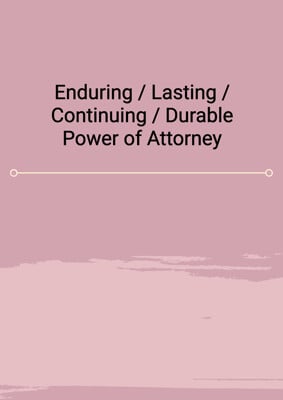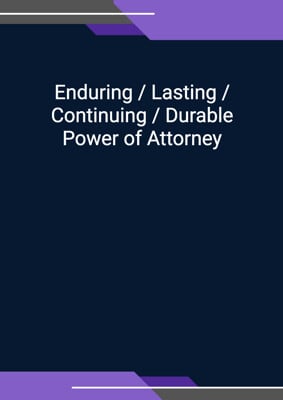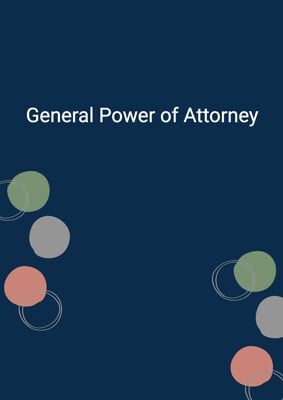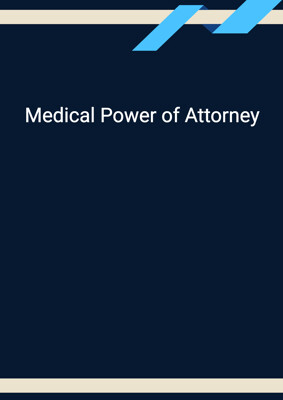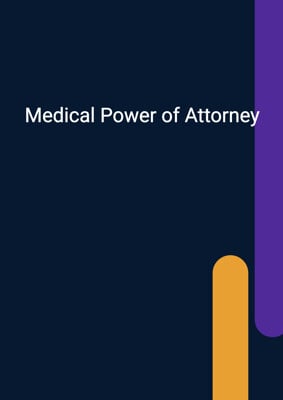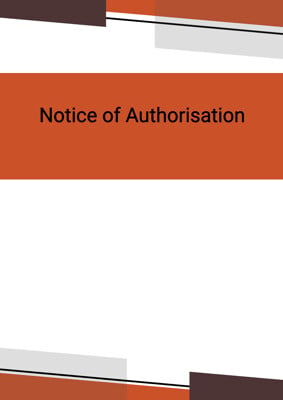How to Tailor the Document for Your Need?
01
Create Document
Fill in the details of the parties. You can click the "Fill with Member’s Information" button to complete it with information saved to your account.
02
Fill Information
Please fill in any additional information by following the step-by-step guide on the left hand side of the preview document and click the "Next" button.
03
Get Document
When you are done, click the "Get Document" button and you can download the document in Word or PDF format.
04
Review Document
The document should be signed by the authorised signatory (or directors of a company) and witnessed to complete the formality.
Document Preview
Document Description
The Medical Power of Attorney is a legal document that grants a designated individual, referred to as the attorney, the authority to make medical and health-related decisions on behalf of the donor. This document is crucial as it ensures that the donor's wishes regarding their medical care are respected and followed, especially in situations where the donor is unable to make decisions for themselves.
The entire document consists of several sections, each serving a specific purpose. The first section is the introduction, which includes the identification of the parties involved, namely the donor and the attorney. It also states that any previous power of attorney for medical/personal care is revoked.
The next section outlines the authority granted to the attorney. It empowers the attorney to act on behalf of the donor in making medical, health, and care decisions. It emphasizes that the attorney has the discretion to perform any acts, execute necessary documents, and sign deeds that they deem necessary or advisable in connection with the donor's medical care.
If there are any conditions or restrictions to the power of attorney, they are stated in the subsequent section. These conditions and restrictions may limit the scope of the attorney's authority and ensure that the donor's specific wishes are respected.
The document also addresses the requirement for notification. If any attorney intends to register the power of attorney, they must notify specific individuals or parties before doing so. This ensures transparency and allows interested parties to be aware of the attorney's actions.
The power of attorney may be limited to situations where the donor lacks mental capacity or may be effective immediately upon execution. This distinction is clarified in the document to ensure that the attorney's authority aligns with the donor's intentions.
If the donor has chosen to provide indemnity to the attorney, it is stated in the document. This indemnity protects the attorney and their agents from any legal actions, claims, costs, expenses, or liabilities arising from the exercise of the powers conferred by the power of attorney.
The document is governed by the laws of the jurisdiction state, ensuring that it complies with the legal requirements of the relevant jurisdiction.
The document concludes with spaces for the donor's signature, the signatures of witnesses, and, if required, a certificate by a registered medical practitioner or solicitor to certify the donor's mental capacity and voluntary signing of the document.
How to use this document?
To use the Medical Power of Attorney document effectively, follow these steps:
1. Provide the necessary information: Fill in the names and identification numbers of both parties involved, namely the donor and the attorney. Include their addresses as well. This step ensures that the document accurately identifies the individuals granting and receiving the power of attorney.
2. Specify the authority, conditions, and restrictions: Clearly state the scope of authority granted to the attorney. If there are any specific conditions or restrictions, such as limitations on certain medical procedures or treatments, clearly outline them in this section. This step ensures that the attorney understands their responsibilities and respects the donor's wishes.
3. Address notification requirements: If the power of attorney needs to be registered, ensure that the attorney notifies the specified individuals or parties before proceeding with the registration. This step promotes transparency and allows interested parties to be informed of the attorney's actions.
4. Determine the effective date: Decide whether the power of attorney will only be valid when the donor lacks mental capacity or if it will be effective immediately upon execution. This distinction ensures that the attorney's authority aligns with the donor's intentions.
5. Consider indemnity: If the donor wishes to provide indemnity to the attorney, clearly state this in the document. Indemnity protects the attorney and their agents from legal actions or liabilities arising from the exercise of the powers conferred by the power of attorney.
6. Sign and witness the document: Ensure that the donor signs the document in the presence of witnesses. The witnesses should not be the donor themselves. If required, obtain a certificate from a registered medical practitioner or solicitor to certify the donor's mental capacity and voluntary signing of the document.
7. Keep the document in a safe place: Once the document is properly executed, store it in a secure location where it can be easily accessed when needed. Inform relevant individuals, such as healthcare providers, about the existence of the power of attorney.
By following these steps, the Medical Power of Attorney can be effectively utilized to ensure that the donor's medical and health-related decisions are made in accordance with their wishes, even when they are unable to make those decisions themselves.
Not the right document?
Don’t worry, we have thousands of documents for you to choose from:
